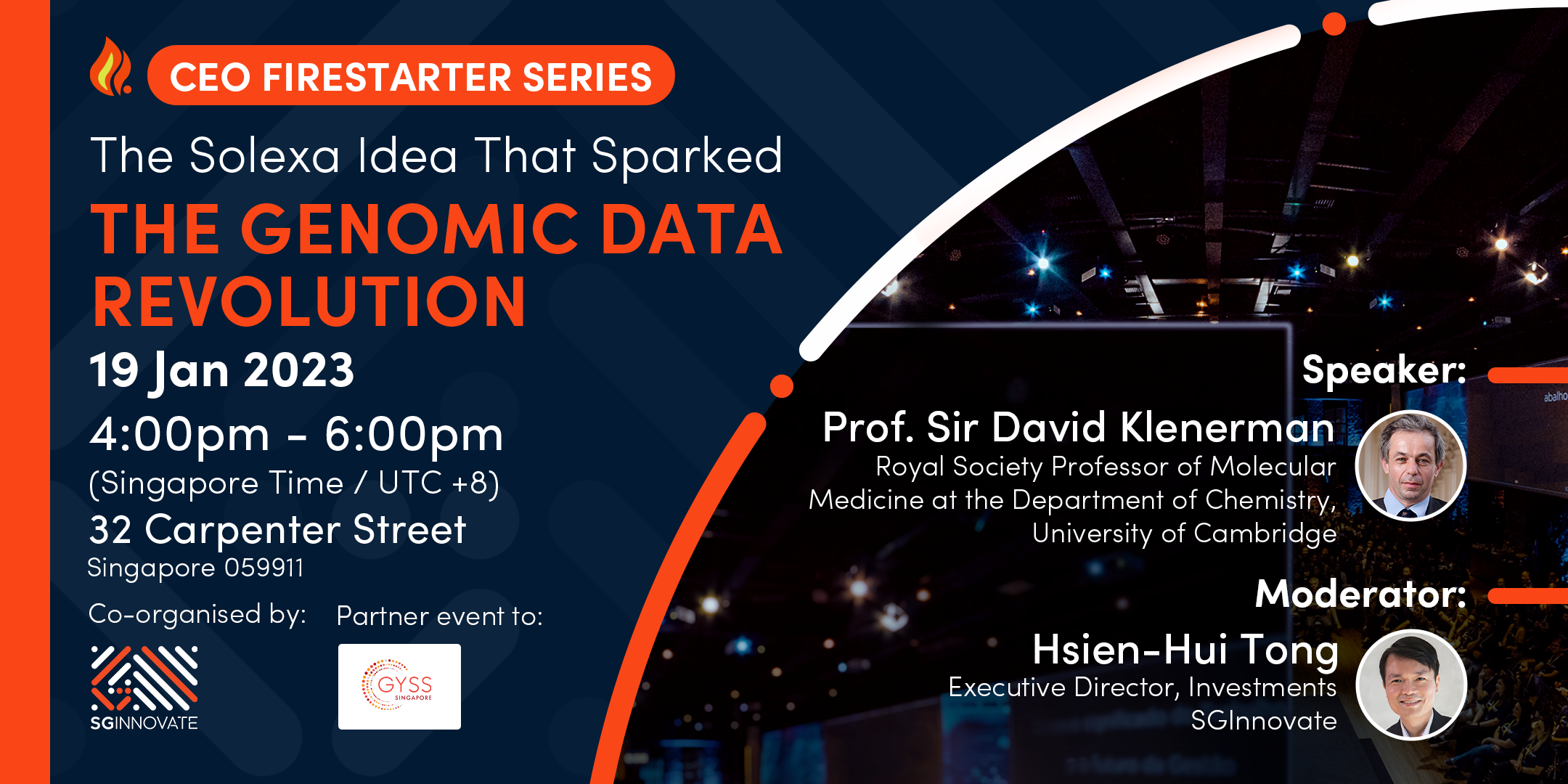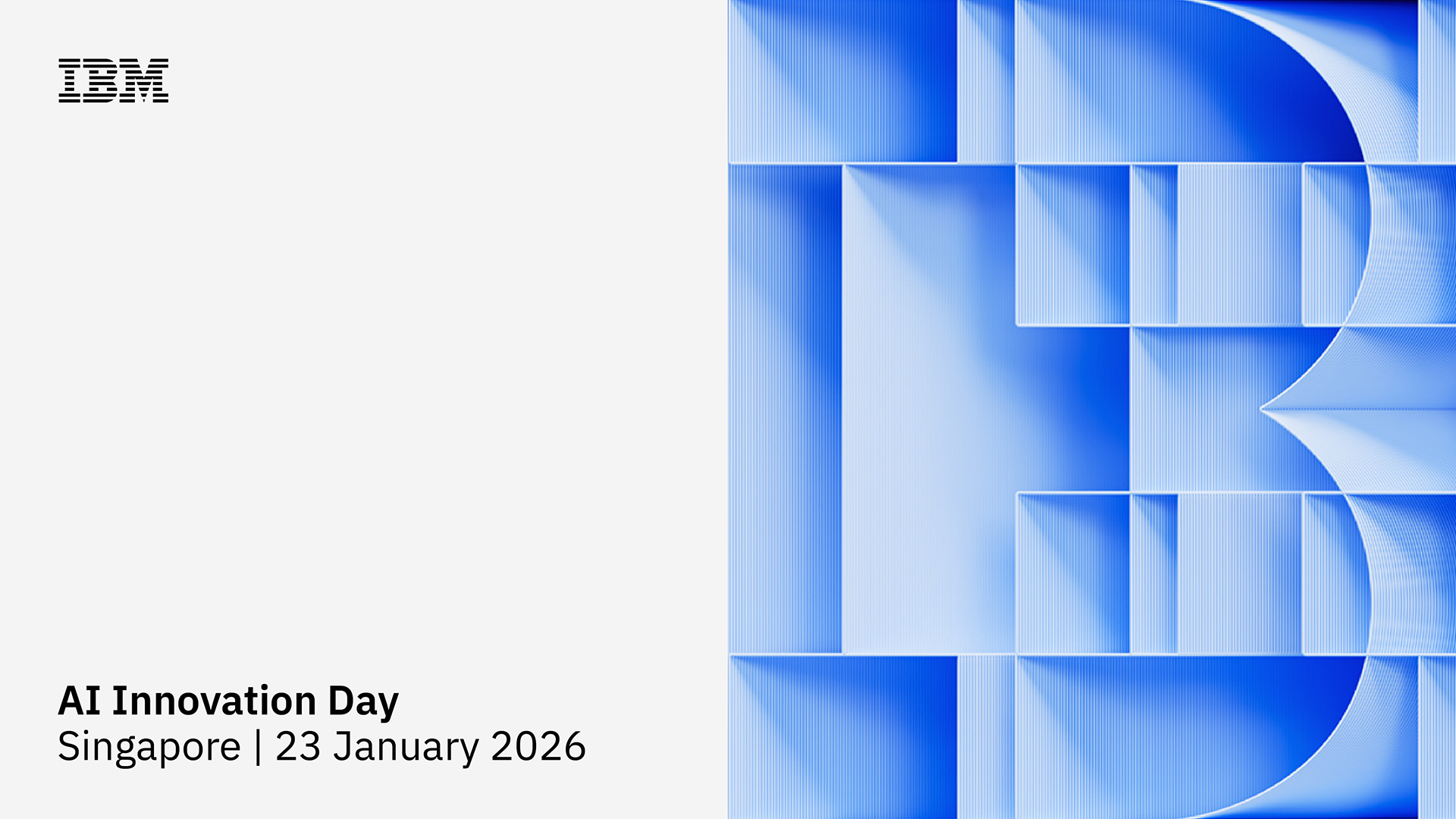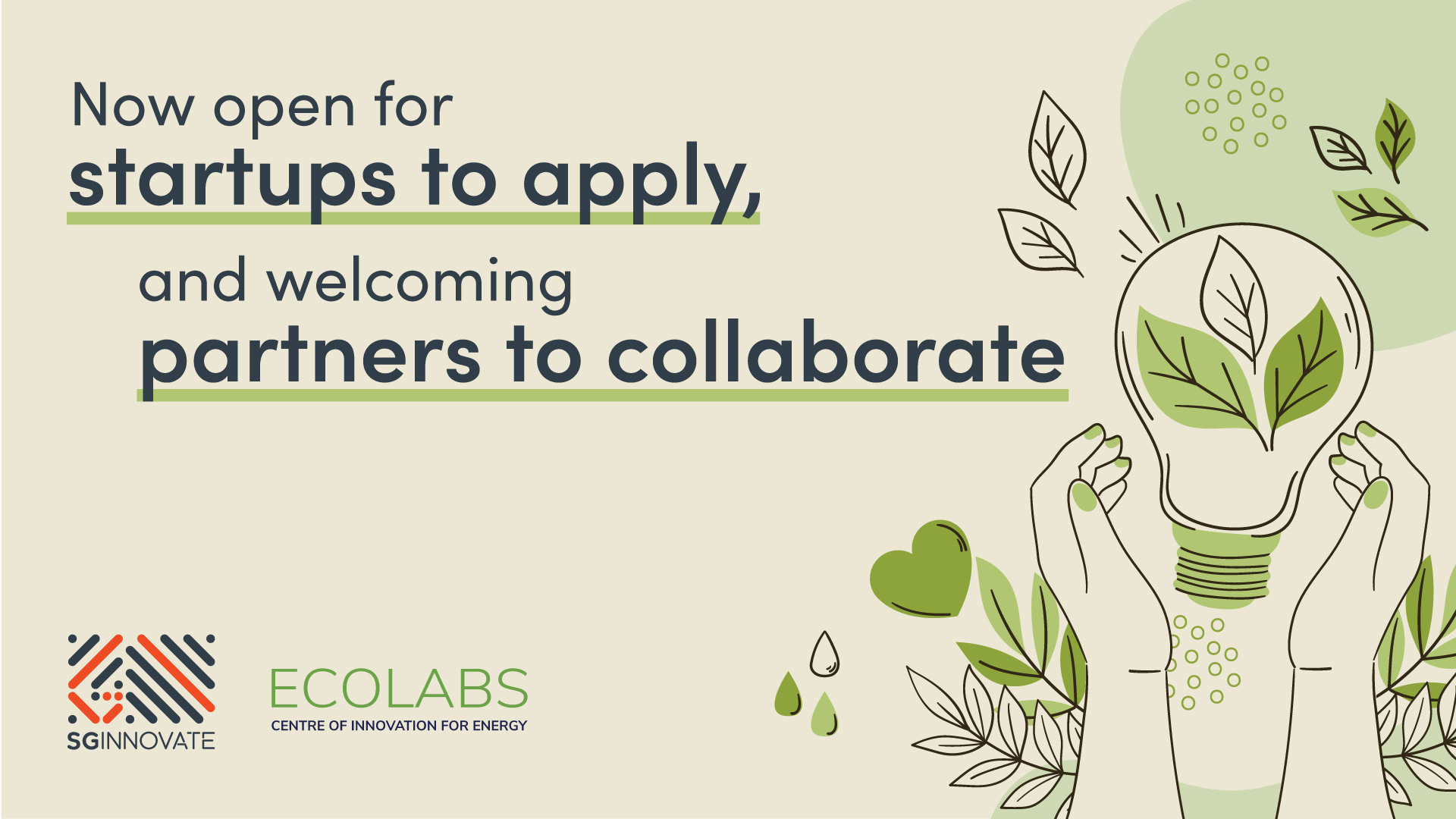Overview
Next generation sequencing (NGS) technology has revolutionised genomic and genetic research and enabled new applications in genomic and clinical research, reproductive health, and environmental, agricultural, and forensic science. Sitting in a beer garden in Cambridge, Prof Sir David Klenerman and Prof Sir Shankar Balasubramanian discovered a radically new way to sequence DNA that would be fast...
Next generation sequencing (NGS) technology has revolutionised genomic and genetic research and enabled new applications in genomic and clinical research, reproductive health, and environmental, agricultural, and forensic science. Sitting in a beer garden in Cambridge, Prof Sir David Klenerman and Prof Sir Shankar Balasubramanian discovered a radically new way to sequence DNA that would be fast, accurate, low-cost and scalable. They founded the company Solexa to commercialise the Solexa next generation sequencing technology which has made large-scale projects such as The 100,000 Genomes Project, the International Cancer Genome Project and GenomeAsia 100K possible. Let's hear from Prof Sir David Klenerman how Solexa was started and how it overcame challenges to take the potentially revolutionary but risky venture forward.
Date: 19 January 2023, Thursday
Time: 4:00pm - 6:00pm (Singapore Time / UTC +8)
Location: 32 Carpenter Street, Singapore 095511
Speaker Profile:
Professor Sir David Klenerman, Royal Society Professor of Molecular Medicine at the Department of Chemistry, University of Cambridge.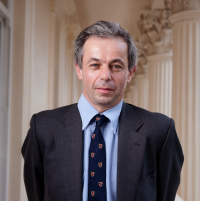
Professor Sir David Klenerman is the Royal Society Professor of Molecular Medicine at the Department of Chemistry, University of Cambridge. He is a physical chemist who has developed and applied new physical methods, particularly fluorescence spectroscopy, to biological and biomedical problems. He is one of the co-inventors (with Prof Shankar Balasubramanian) of the leading next generation sequencing methodology, Solexa sequencing, which he commercialised by co-founding the biotech company Solexa (now part of Illumina). The method is based on solid phase enzymatic sequencing of vast numbers of DNA molecules on a surface in parallel, using novel fluorophore-coded nucleotides, to make a highly miniaturised, cheap and fast DNA sequencer. This allows rapid sequencing of the 3 billion bases in a human genome for less than $1000 in a day. Solexa-Illumina sequencing is widely used in both basic biological and biomedical research. It is also starting to be routinely used as part of medical treatment including non-invasive pre-natal testing, cancer detection and treatment and the diagnosis and treatment of rare-genetic diseases, particularly for children. Professor Klenerman is a Fellow of the Royal Society and the Academy of Medical Sciences. His recognition includes being knighted by the Queen in 2018, for development of high speed DNA sequencing, and being awarded the Royal Society’s Royal Medal in 2018. He was awarded the 2020 Millenium Technology Prize jointly with Shankar Balasubramanian and also the 2022 Breakthrough Prize for Life Sciences jointly with Shankar Balasubramanian and Pascal Mayer for next generation sequencing.
Moderator:
Hsien-Hui Tong, Executive Director, Investments, SGInnovate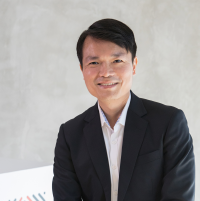
Hsien-Hui brings with him in-depth knowledge and experience in the Business Development and Venture Capital spaces across Australia, Europe, Singapore and the US.As Executive Director, Investments, Hsien-Hui leads SGInnovate's investmentefforts, fromworking with research scientists to create and launch venture-fundable solutions based on their Deep Tech research core, to identifying high-potential, Deep Tech startups working on areas such asadvanced manufacturing, AgriFood tech, health and biomedical sciences, and sustainability tech.Prior to joining SGInnovate, he was the Managing Partner, Asia Pacific for Wassax Ventures. Healso served as the CEO of the National University of SingaporeSociety(NUSS), as well as Vice President at Staples. In the early 2000s, heco-founded a data mining company, which was sold to a global bank two years later.Hsien-Hui graduated in 1998 from the National University of Singapore (NUS) with a Bachelor of Engineering.



